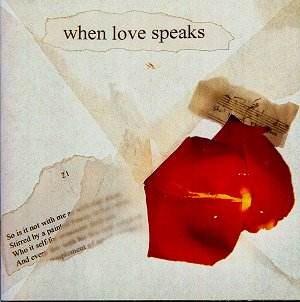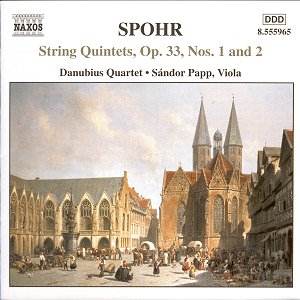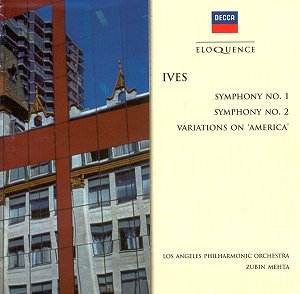 Composer: When
Composer: When
Works: Love speaks – Shakespeare
Performers: Richard Attenborough, Peter Barkworth, Alan Bates, Kenneth Branagh, Richard Briers, Tom Courtney, Joseph Fiennes, Ralph Fiennes, Edward Fox, John Gielgud, Ion Gruffudd, John Hurt, Richard Johnson, Jonathan Pryce, Alan Rickman, Diana Rigg, Timothy Spall, Imogen Stubbs, Sylvia Syms, David Warner, Richard Wilson, Susannah York, Barbara Bonney, Des’ree, Bryan Ferry, Keb’ Mo’, Ladysmith Black Mambazo, Annie Lennox, John Potter, Rufus Wainwright
Recording: EMI CLASSICS 5 573231 2 [70:07]
Label: EMI
The compilation “When Love Speaks” serves as both a tribute to Shakespeare’s poetic genius and a showcase for the vocal artistry of a remarkable roster of actors and musicians. Curated under the executive production of Michael Kamen, this recording features a selection of Shakespeare’s sonnets and other writings, read by a constellation of performers, each imbued with the gravitas of their RADA training. The juxtaposition of spoken word and song creates a rich aural tapestry that both celebrates and interprets the Bard’s exploration of love, longing, and the human condition.
Each reading on this album is a masterclass in interpretation, revealing the nuanced emotional landscapes Shakespeare crafted in his poetry. John Gielgud’s rendition of Sonnet 23, for instance, resonates with a gravitas that underscores the vulnerability and introspection intrinsic to the text. Alan Rickman’s sardonic flair in Sonnet 130—”My mistress’ eyes are nothing like the sun”—injects a delightful irony, effectively subverting romantic clichés. Similarly, John Hurt’s reading of Sonnet 147 harnesses both a sardonic tone and a palpable sense of inner turmoil, which he brings forth through varied intonation that underscores the sonnet’s themes of desire and despair. Kenneth Branagh, with his quiet yet poignant delivery of Sonnet 30, transforms the reflective nature of the text into a meditative experience, inviting listeners to ponder their own memories alongside his.
The musical contributions enhance the spoken segments, with gentle lute interludes providing a serene backdrop. Annie Lennox’s interpretation of Marlowe’s “Live with me and be my love” introduces a contemporary pop sensibility that, while slightly jarring in this historical context, nonetheless works to bridge the gap between eras. Conversely, Rufus Wainwright’s setting of Sonnet 29, accompanied by a “Tudor” strumming pattern, effectively melds traditional and modern influences, creating an engaging soundscape that invites both reverence and accessibility. John Potter’s performance of Dowland’s “Come again: sweet love doth now invite” stands out for its adherence to historical performance practice, employing a vocal style that is both authentic and emotive.
The engineering of this recording is exemplary, allowing the clarity of each actor’s voice to shine through, while the balance between spoken readings and musical interludes feels meticulously crafted. The sonic quality is pristine; every inflection and subtlety is captured without the intrusion of extraneous noise, which is something that can often mar similar projects. This attention to detail is vital in maintaining the listener’s engagement throughout the 70-minute duration.
When considering the breadth of Shakespeare-related recordings, “When Love Speaks” holds its own among notable interpretations, such as the classic readings from the likes of Sir John Gielgud and Sir Ralph Richardson. The diverse cast provides a modern interpretation that invites new listeners while honoring the traditional. While some musical settings may not resonate with every purist—Des’ree’s approach to “The quality of mercy is not strained” feels less expressive—the overall artistic direction remains compelling.
This collection is not merely a compilation of familiar texts but a dynamic exploration of Shakespeare’s enduring themes, made accessible through the combined artistry of actors and musicians alike. The balance of spoken word and song, the thoughtfulness of interpretation, and the high-quality production make “When Love Speaks” a significant contribution to both Shakespearean scholarship and contemporary musical interpretation. It invites listeners to engage deeply with the text while appreciating the musical heritage that complements it.



